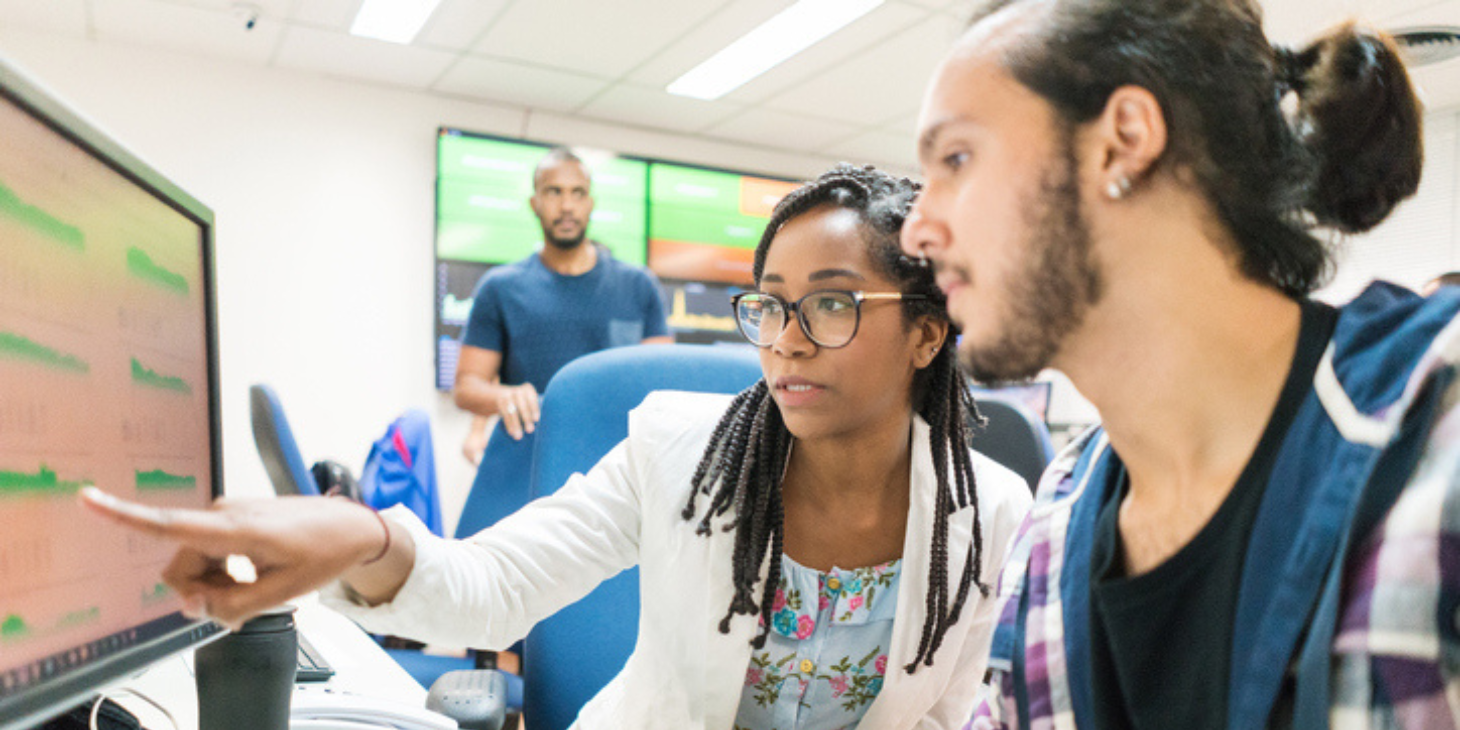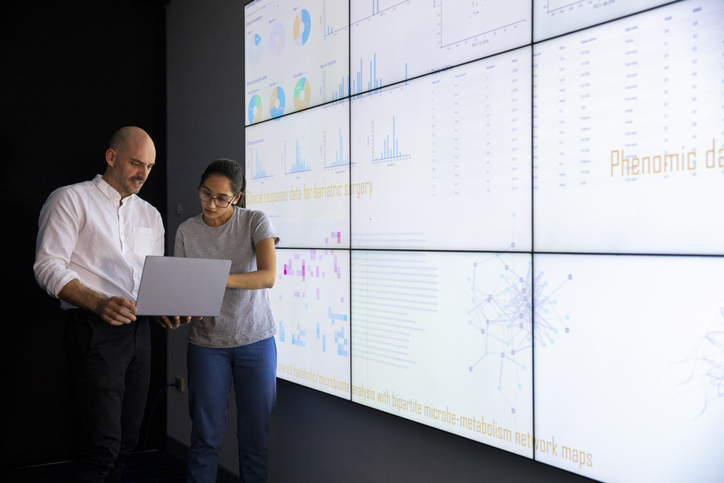
Delve into the depths of data science with a Practical Data Science and Machine Learning certificate
Are you eager to discover just how powerful data can be? Good news: employers need more professionals like you. The Chang School’s Certificate in Practical Data Science and Machine Learning gives you the must-have knowledge and skills you need to begin or boost your data science career.
Our data science courses offer an immersive exploration of data science, machine learning, deep learning, and advanced data mining. This data science training will teach you how to harness the power of neural networks, allowing you to unlock valuable information and uncover hidden relationships in complex datasets. This data science certificate delves into cutting-edge techniques such as deep learning and ensemble models, and advanced concepts in data science and machine learning.
We prioritize hands-on learning, and participation in practical activities, projects, and real-world scenarios. We also provide support for learners throughout our data science program from experienced instructors with extensive industry knowledge and practical expertise in data analytics.
Our data scientist certificate is also recognized by an industry-leading association, The Institute for Operations Research and the Management Sciences (INFORMS), and meets the requirements for you to become a Certificated Analytics Professional (CAP®).
You can finish this certificate in as little as three semesters, and complete all your data science courses online. You’ll have all the data scientist certification you need to become highly sought after in many exciting industries, from technology and finance to healthcare. Excited to get started? We can’t wait to see what you can achieve with data.
Who should take this Practical Data Science and Machine Learning certificate?
- You’re a professional with experience in Python, machine learning, and predictive analytics who wants to expand your expertise
- You’ve already taken our Certificate in Data Analytics, Big Data and Predictive Analytics and want to learn the essential components that are intrinsic to practical data science and machine learning
What will you learn while taking the Practical Data Science and Machine Learning certificate?
You’ll learn how to:
- Construct big data analytics algorithms and use machine-learning algorithms to solve real-world problems
- Use the Linux file system effectively, including Bash commands and regular expressions; work with the Hadoop platform; write complex queries on big data using Apache Hive; and write scripts and analyze data using Apache Spark
- Enhance your practical experience in data analytics and machine learning, as well as your knowledge of AI, to progress to senior roles within the data-science domain
- Use relevant and visualization Python libraries to address a problem
- Build and design predictive models to represent domains under study, and build ensemble learning models to aim for higher accuracy
- Differentiate between supervised and unsupervised machine learning algorithms based on research questions
- Apply, train, and evaluate different deep learning models based on specific tasks
- Replicate state-of-the-art studies and highlight the similarities and differences between the actual and replicated work in terms of applied datasets, approaches, tools, and outcomes
- Complete data analytics assignments and final projects that you can include in your portfolio when applying for jobs
You’ll also learn how use these tools:
- Programming languages: Python
- Data processing frameworks: Hadoop (MapReduce), Apache Spark, Hive
- Data collection and query tools: XPath, XQuery
- Data visualization tools: Tableau
- Libraries for data analysis: Python Libraries (TensorFlow, PyTorch, Keras), Spark libraries (Spark MLlib, Spark ML)
- Integrated development environments (IDEs): MS-VSCode, PyCharm
What career support is available for you?
During your certificate, we offer extensive career help, including:
- Virtual mentor services
- Alumni networking
- Synchronous weekly online sessions
- Educator support
- Tutoring services
- Career discussion forums
Career Options
This certificate can prepare you for jobs like:
- Data scientist, including machine learning scientist and AI research scientist
- Machine learning engineer, including deep learning engineer and AI engineer
- Big data engineer, including Hadoop engineer and Spark engineer
- Data engineer, including ETL developer
- Predictive analyst, including risk analyst and customer insight analyst
- Business intelligence analyst, including business intelligence consultant and business intelligence developer
- Data visualization expert, including data visualization engineer
- Operations developer (DevOps), including DevOps engineer and DevOps consultant
- Human-computer interaction expert, including AI interaction designer and AI user experience specialist
Certificate Requirements
- 4 required courses
- Cumulative grade point average (GPA) of 1.67+
Admission Criteria
Completion of The Chang School's Data Analytics, Big Data, and Predictive Analytics certificate or equivalent.
OR
Mature student status and other relevant qualifications or relevant industry experience (to be determined by the Program Director).
If you’re an undergraduate student, you should be aware of possible certificate restrictions. For complete details, check Curriculum Advising.
Frequently Asked Questions
What programming language is used to teach this certificate?
The certificate is taught using Python programming language.
Are there any specific PC requirements for course work?
The minimum required RAM on a learner’s computer for data science courses must be 8 GB, but 16 GB is highly recommended for efficient processing for training and testing advanced machine learning algorithms, using Python third-party libraries. For the processor, Apple Silicon or Intel i5 or i7 is preferable. The storage unit of the learner’s computer must be an SSD and needs to be at a minimum of 256 GB. A PC or Mac computer is needed, as most of the technical tools that are used in these data-science courses must be installed and run on Linux, macOS or Windows operating systems. Additionally, Oracle VM VirtualBox is software you may use to enable running, in parallel, two operating systems on your computer.
Questions?
Contact Client Services ce@torontomu.ca



